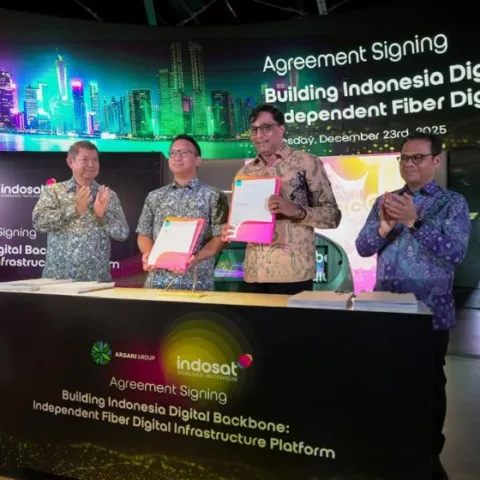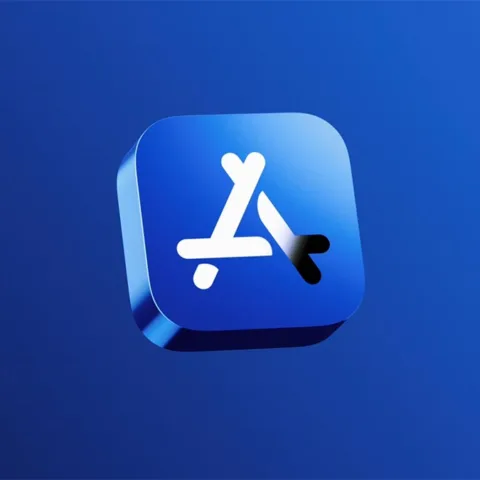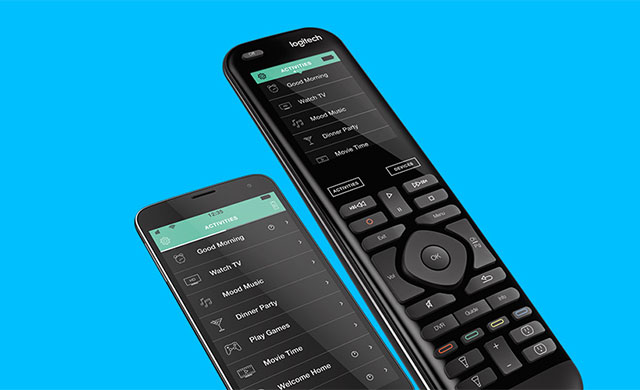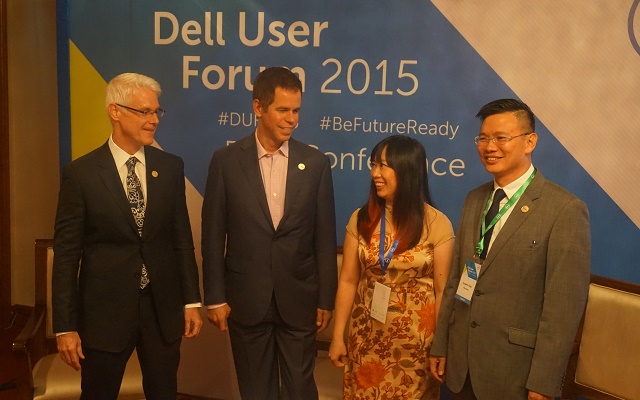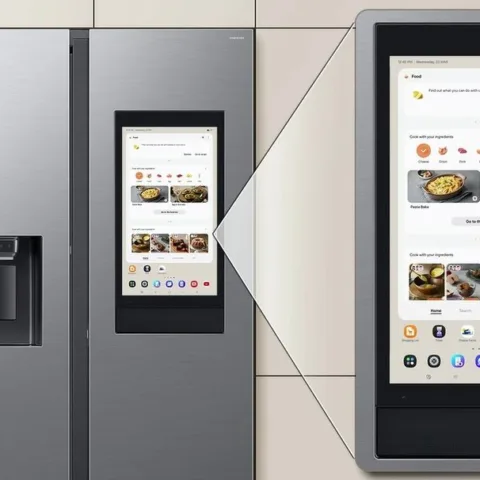
Another app store for mobile apps has just entered Indonesia. Yesterday (15/9), Opera Mobile ASA officially launched Opera Subscription Mobile Store for Indonesia, which had been globally introduced last year. The service reaches Indonesia by the support of three local telco giants, which are Telkomsel, XL, and Indosat.
Basically, this Opera’s white-label service takes form as a catalogue of games and apps from Opera Mobile Store, which Opera claims the third biggest app store in the world. There are several categories for mobile apps presented in the service, namely games, news, productivity, health, and security. Opera claimed that the service is compatible with 7500 smartphone types with Java, Symbian, BlackBerry, and Android operating system.
According to Opera Software’s Growth Director of Asia Ivollex Hodiny, Opera Mobile Store and Opera Subscription Mobile Store are different in terms of usage. “As its name implies, […] this service is based on subscription system, meaning that users need to pay weekly fee (to utilize) […] only one time (to download free and premium apps). Meanwhile, users may use Opera Store to download free and premium apps, by paying for that (for premium apps),” Hodiny stated.
“We offer Opera Subscription Mobile Store (in Indonesia) to operators. Thus you don’t need to use credit card or other payment system. This will be based on carrier billing system,” he continued.
Telkomsel, XL, and Indosat have saved their own special page which functions as an alternative app store, thanks to the partnership. Telkomsel’s page is called Pojok Aplikasi, while Indosat’s page is named main-main and XL’s is Toko Kece. Users may access those services through mobile web using any browser or the speed dial feature equipped in Opera Mobile Browser app.
As for the weekly subscription fee, each operator sets different rate. Telkomsel sets IDR 3.300, while Indosat and XL set IDR 5.500.
Hodiny is quite optimistic with the service as he perceived that it comes in the right momentum. There are indeed facts that support his optimism; from the increasing penetration of mobile users until the shift of users’ habit who start prefering to purchase premium apps and the service’s success in numerous countries, such as Vietnam, Russia, Belarus, and Brazil.
Subscription in mobile service isn’t a new thing in Indonesia. Unfortunately, its adoption isn’t that positive, especially after the “Black October” incident back in 2011, which totally changed the local mobile industry we once knew.
The incident made tons of mobile users lost their cellphone credit without any reason, and it surely leaves a huge trauma to people. It’s Opera and operators’ job now to reclaim people’s faith by educating the market, particularly because people still need to pay for data in Indonesia.
In regard to future plans, Hodiny didn’t say much. So did he with the team’s monetization scheme, as the company’s policy doesn’t allow him to do so.
He only stated that it’s not impossible for Opera to collaborate with more parties, including other operators, communities, and developers. He believes that the service could serve as an alternative for local app developers to reach plenty more consumers.
Translated by Rifki Aria Nugraha


